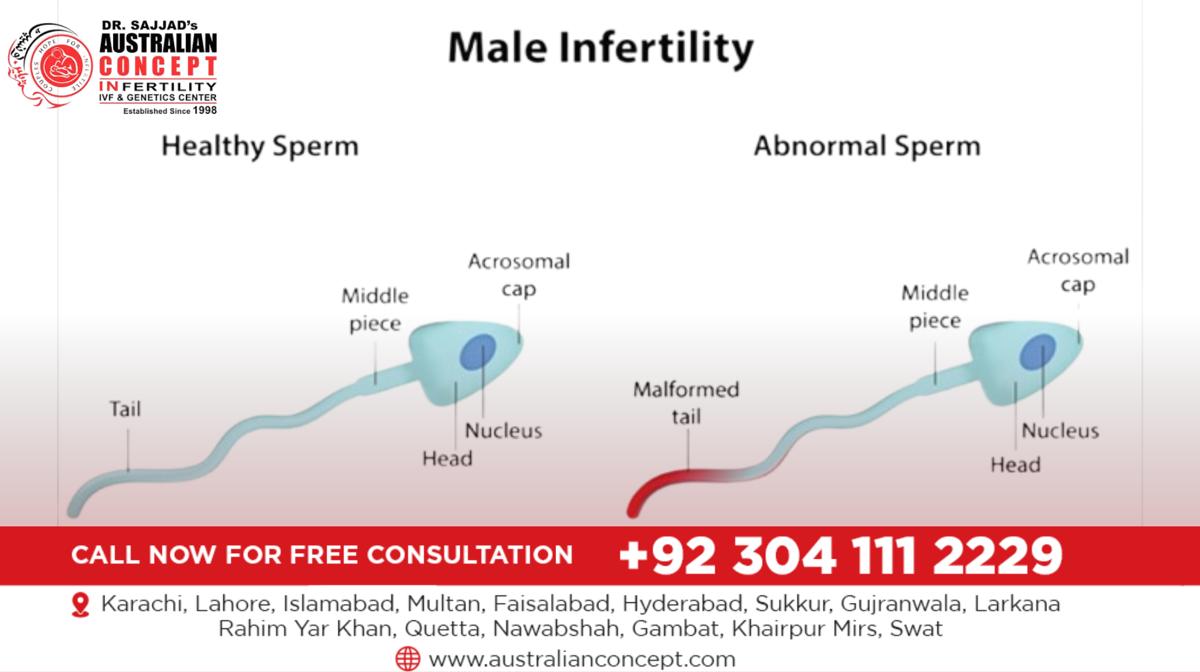
Understanding Debt Collection Harassment: Your Rights and How to Protect Them
Dealing with debt is stressful enough without the added burden of aggressive or unlawful behavior from debt collectors. While many collection agencies operate within legal boundaries, some cross the line into harassment, intimidation, or outright abuse. Knowing your rights as a consumer is essential for navigating these situations and protecting yourself against unfair practices.
In this article, we’ll explore what debt collection harassment looks like, the laws that protect you, and what steps you can take if you’ve experienced Northpointe Debt Collection Harassment or similar issues with other agencies.
What Is Debt Collection Harassment?
Debt collection harassment occurs when collectors use unfair, abusive, or deceptive tactics to pressure you into paying a debt. The Fair Debt Collection Practices Act (FDCPA), a federal law passed in 1977, clearly defines what constitutes harassment and provides consumers with legal protection.
Some common examples include:
Repeatedly calling you at all hours of the day or night
Using profanity, threats, or abusive language
Contacting your family, friends, or employer about your debt
Making false claims about the amount you owe
Threatening legal action that they cannot or do not intend to take
If you’ve experienced any of these behaviors, you may be a victim of debt collection harassment.
The Fair Debt Collection Practices Act (FDCPA): Your Shield
The FDCPA is the cornerstone of consumer protection in debt collection. It restricts what third-party debt collectors can do and provides legal recourse if they step out of line. Here are some of the protections it offers:
Limited Contact Hours – Collectors cannot call before 8 a.m. or after 9 p.m. unless you consent.
Cease and Desist Rights – You can request in writing that a collector stop contacting you. Once received, they must comply.
Verification Requirement – Collectors must provide written verification of the debt upon request, ensuring you’re not paying for something you don’t owe.
No False Representation – Collectors cannot misrepresent who they are, the amount you owe, or the consequences of nonpayment.
Violations of the FDCPA open the door for consumers to file complaints and potentially sue for damages.
Why Debt Collection Harassment Happens
While the law is clear, harassment still occurs for several reasons:
High-pressure tactics – Some agencies train their employees to use intimidation as a way to collect faster.
Lack of oversight – Smaller or less reputable firms may ignore compliance rules.
Debt resale – When debt is sold and resold, information often becomes inaccurate, leading to aggressive tactics on debts you may not even owe.
Understanding these factors can help you recognize when behavior crosses the legal line.
How to Recognize Signs of Harassment
It’s not always obvious when a collector has stepped into illegal territory. Here are warning signs to look out for:
Excessive calls: Multiple calls per day, especially after you’ve asked them to stop.
Harsh language: Insults, threats, or shaming tactics.
Unverified claims: Demands for payment without proof or documentation.
Employment interference: Contacting you at work after you’ve told them not to.
If you’ve noticed any of these, it’s important to document everything and prepare to take action.
Steps to Take if You Experience Harassment
Keep Records
Save voicemails, take notes of conversations, and keep letters or emails. These records can become crucial evidence.
Request Written Communication Only
Send a certified letter requesting the collector to communicate only in writing. This reduces verbal harassment and gives you a paper trail.
Verify the Debt
Always ask for validation of the debt. If they can’t provide proof, you may not be legally obligated to pay.
File a Complaint
You can report harassment to the Consumer Financial Protection Bureau (CFPB), the Federal Trade Commission (FTC), or your state attorney general’s office.
Consult an Attorney
If the harassment persists, seek legal help. Many attorneys specialize in consumer rights and may take your case without upfront costs.
The Role of State Laws
In addition to the FDCPA, many states have their own debt collection laws. Some states offer even stronger protections than federal law, such as caps on interest rates or stricter rules on communication. Knowing both federal and state protections can give you an advantage when standing up against harassment.
Can You Sue a Debt Collector for Harassment?
Yes, under the FDCPA, you can sue a debt collector in federal court within one year of the violation. Potential damages include:
Actual damages (e.g., emotional distress, lost wages from harassment)
Statutory damages of up to $1,000, even if you can’t prove specific harm
Attorney’s fees and court costs
This means you could potentially pursue a case without paying legal fees out of pocket.
Preventing Future Harassment
Here are proactive steps to avoid future issues with collectors:
Know your rights – Awareness is the first line of defense.
Stay informed about your debts – Keep track of what you owe, to whom, and in what amount.
Be cautious with debt settlement companies – Some claim to “help,” but can worsen your financial situation.
Check your credit reports – Mistakes can attract collectors for debts that aren’t yours.
Final Thoughts
Debt collection harassment can leave you feeling powerless, but the law is on your side. By understanding your rights, keeping detailed records, and taking action when necessary, you can protect yourself from abusive practices and hold collectors accountable.
If you’ve faced aggressive behavior similar to Northpointe Debt Collection Harassment, know that help is available. Whether through consumer protection agencies, legal avenues, or proactive financial management, you have the tools to fight back and regain control of your peace of mind.










